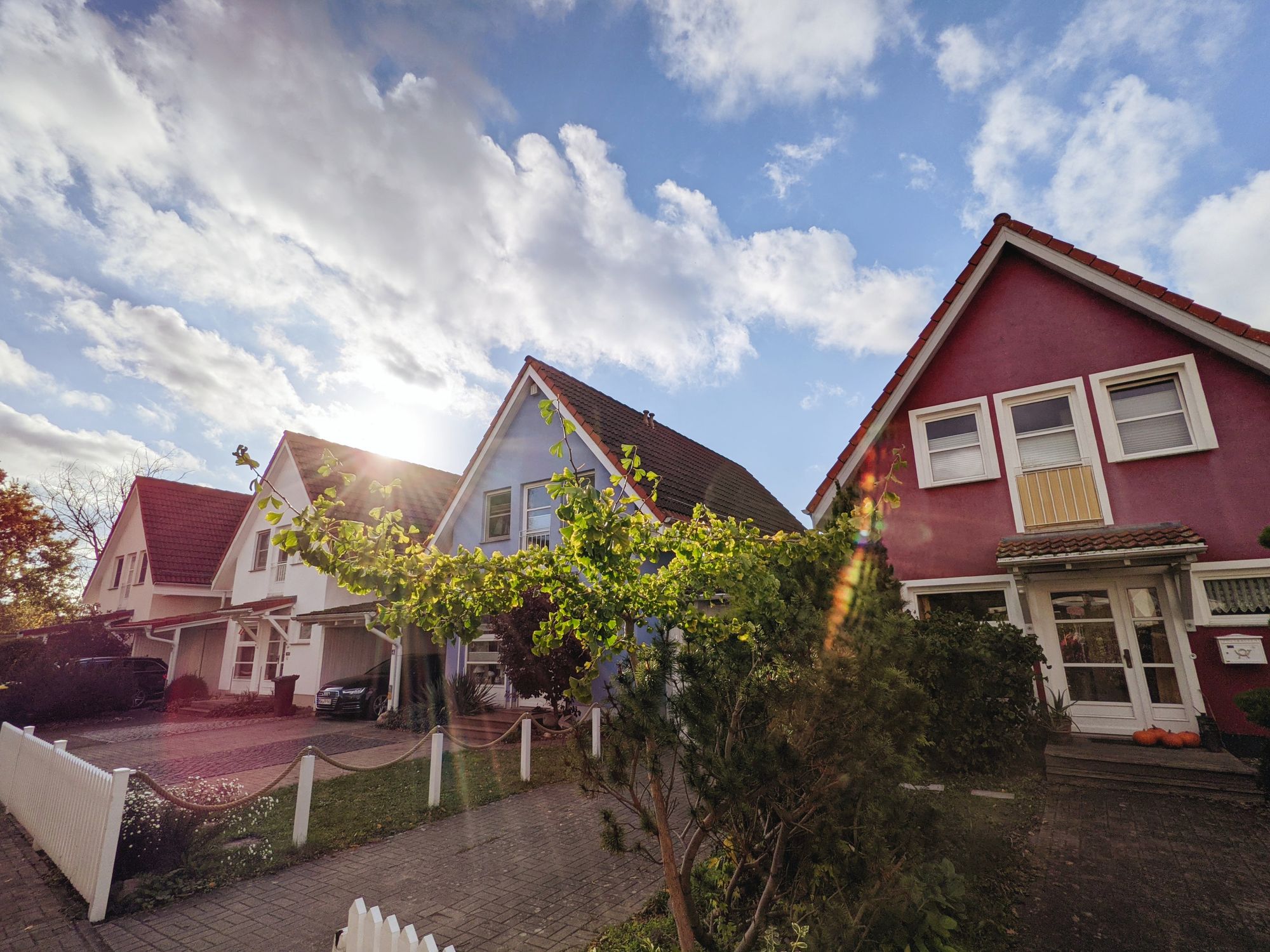Urban refers to areas characterized by high population density and bustling activity. Suburban refers to areas situated at the periphery of urban centers.
The terms urban and suburban serve as key descriptors when discussing the geographical characteristics of inhabited areas, offering insights into the diverse landscapes of human settlements.
Both words hold significance in defining the nature of communities, while their differences and similarities contribute to a comprehensive understanding of urban planning and societal dynamics.
What encompasses an urban environment?
Urban environments are often associated with cities and metropolises, marked by extensive infrastructure, commercial centers, and diverse cultural opportunities. The term encompasses the energy, diversity, and vibrancy that define city life.
From towering skyscrapers to thriving cultural scenes, urban areas are hubs of economic, social, and cultural interactions. The significance of urban lies in its depiction of dynamic and fast-paced living, offering opportunities and challenges unique to metropolitan regions.

What encompasses a suburban environment?
Suburban environments are characterized by a mix of residential housing, parks, and amenities. They provide a balance between urban conveniences and a quieter environment, making them appealing to families seeking more space and a sense of community.
Suburban living often includes single-family homes, local schools, and proximity to nature. The significance of suburban lies in its portrayal of a different pace of life, emphasizing comfort, tranquility, and a close-knit community.

What is the difference between urban and suburban?
Urban emphasizes vitality and diversity within city centers, while suburban underscores the appeal of residential comfort and community in outlying areas. Understanding these terms allows for a comprehensive view of the rich tapestry of human habitation and the interplay between bustling cities and their quieter, residential extensions.
Example sentences:
- The city's skyline was dominated by towering skyscrapers, a testament to its vibrant urban landscape.
- Urban life offers a multitude of cultural events, from art exhibitions to live music performances.
- Public transportation is a crucial component of urban mobility, connecting residents across the bustling city.
- Urban areas often face challenges related to traffic congestion and limited green spaces.
- The urban environment fosters innovation and collaboration among entrepreneurs and startups.
- The suburban neighborhood was characterized by quiet streets lined with well-maintained houses and manicured lawns.
- Families are drawn to suburban living for its sense of community and access to good schools.
- The suburban community center hosts various family-friendly events, promoting a strong sense of belonging.
- The park in the heart of the suburban district serves as a recreational hub for residents of all ages.
- Many suburban dwellers appreciate the balance between peaceful living and easy access to urban amenities.
Practice questions
- Many people prefer to live in a suburban/urban area because of the convenience of public transportation.
- Suburban/Urban areas are known for their tall skyscrapers and bustling streets.
- Pollution is often a concern in densely suburban/urban regions due to increased industrial activity.
- The suburban/urban lifestyle offers a wide range of cultural activities and entertainment options.
- Suburan/urban planning is essential to manage the growth of cities effectively.
- He commutes from a quiet suburban/urban neighborhood to his job in the city.
- The surburban/urban areas surrounding the city offer larger houses and more green spaces.
- Families often choose to live in surburban/urban areas to provide a quieter environment for their children.
- Surburban/urban communities typically have lower population densities compared to urban areas.
- The suburban/urban lifestyle combines the convenience of the city with the tranquility of the countryside.
If you still are unsure about which to use, try out Engram where you can submit your English sentences to get immediate feedback and suggestions based on how native English speakers write.

Answer key
- urban
- Urban
- urban
- urban
- urban
- suburban
- suburban
- suburban
- suburban
- suburban
Reference














